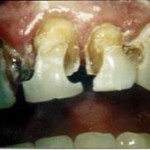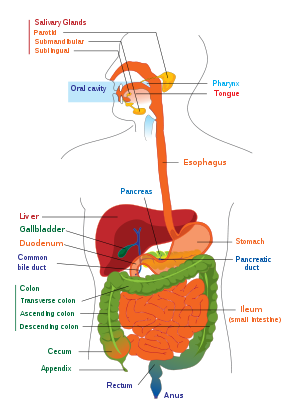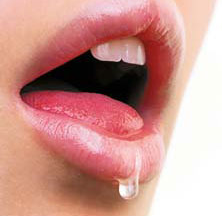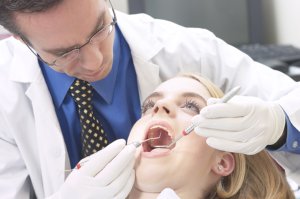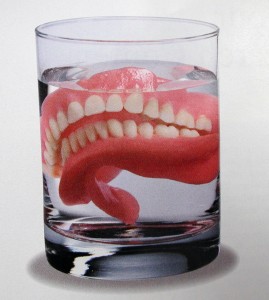Have a problem with tooth decay? Tooth decay or otherwise called caries has been a vast predicament that affects most dentate people. According to the United States Surgeon General’s report, caries is stated to be the most common chronic childhood disease of children aged 5 to 17 years and is five times more common than asthma and seven times more common than hay fever.
How does our tooth get caries?
Tooth decay is a demineralization process of hard tissues in our mouth that are contributed by four major factors namely bacterial microorganism, sugar (carbohydrates), tooth surface and time. Without this four factors decay would not occur. A community of haphazard collection of bacteria on your tooth is called plaque.
This bio film of plaque is capable of fermenting carbohydrate substrates (sugars like sucrose and glucose) and producing acid causing the plaque pH to fall below 5 within 1-3 minutes. Repeated falls in pH results in demineralisation of tooth surface and leads to carious lesion formed.
